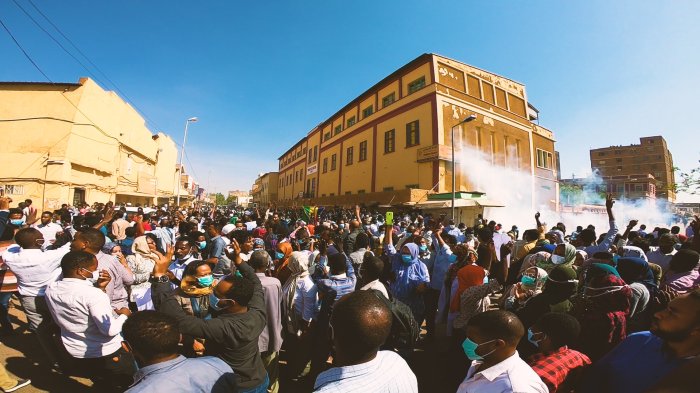“The fact is that we simply can’t afford to be religiously illiterate in today’s world. To be religiously illiterate in today’s world is simply to fail to understand how and why others act as they do.” – These are the words of Bishop Philip Mounstephen, the Bishop of Truro, speaking at the deferred 175th anniversary celebration of The National Club earlier this month.
Bishop Mounstephen has been a friend of mine, and of CSW, for a number of years now, so it will come as little surprise that we fully support his assertion. As the bishop outlined so eloquently in his speech, freedom of religion or belief (FoRB), cannot be seen as a “side-bar” or “special interest” issue. In fact, it is a fundamental human right, the abuse of which so often leads to wider human rights violations as it intersects with issues such as poverty, race and gender.
Continue reading “On freedom of religion or belief, the UK government needs to turn its rhetoric to reality”Fortunately, the UK government appears to agree. Last year, upon the appointment of Fiona Bruce MP as the Prime Minister’s Special Envoy for FoRB, Boris Johnson said: “The UK is absolutely committed to protecting the inalienable right to freedom of religion and belief, at home and around the world.”




